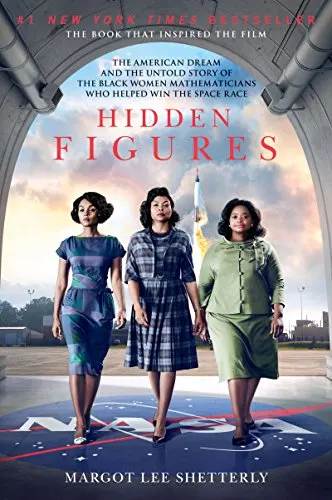Don’t miss out on these Black History Month Kindle Books for Young Adults. These are great books to read with the kids. Make certain to check out our other book recommendations for kids as well.

February is Black History Month – a great time to load up your Teen’s Kindle with good reads and historical reference books that fit. Even if you don’t homeschool your young adult, you will find these Black History Month Kindle Books for Young Adults a great way to get the deeper story into your child!
Do you have a Nook instead of a Kindle?
No worries, I have shown you how to find free books for your Nook in this post. Don’t have either? Amazon has a free app that you can download onto your smart phone, tablet, computer, or netbook so that you can get these same deals!
Did You Find a Great Freebie?
If you find a great free book on Amazon, please be sure to drop me an email so I can tell my readers, too! If I think it fits (and if I have time) I will write the post and link to your site as a thanks for notifying me!
More Black History Month Resources
Below you’ll find the following Amazon affiliates for book recommendations.
Black History Month Kindle Books for Young Adults (YA)
Black History Month Kindle Books for Young Adults (YA)
Hidden Figures: The American Dream and the Untold Story of the Black Women Mathematicians Who Helped Win the Space Race
Black Heroes: A Black History Book for Kids: 51 Inspiring People from Ancient Africa to Modern-Day U.S.A.
Hidden Figures: The True Story of Four Black Women and the Space Race - a great read for all ages.
The Autobiography of NASA Mathematician Katherine Johnson is an interesting read and a dive into history.
Even though he was a pro-NFL player, he was also an engineer and NASA astronaut. Read all about his words and thoughts here.





